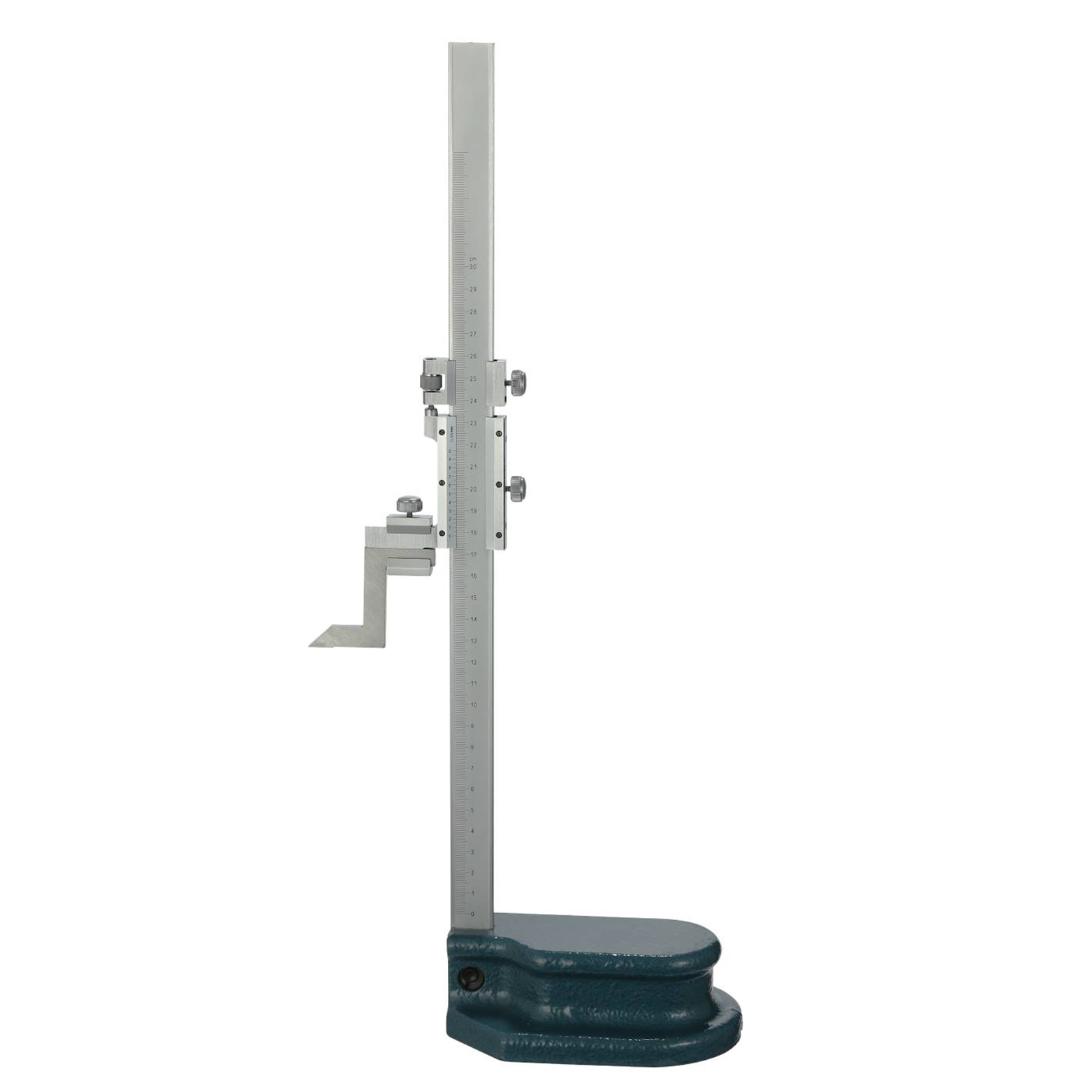center drill bit Manufacturers
Center drill bits are essential tools for creating accurate starting holes for larger drill bits or for producing center holes in components. This guide explores the key aspects of center drill bit Manufacturers, helping you understand the market, choose the right supplier, and select the best bits for your specific application.
Understanding Center Drill Bits
Center drill bits, also known as Slocombe drills or combination drills/countersinks, are designed to create a conical indentation on a workpiece. This indentation serves as a precise starting point for subsequent drilling operations, preventing the larger drill from wandering and ensuring accurate hole placement.
Types of Center Drill Bits
Different types of center drill bits cater to diverse needs. Common types include:
- Type A: Standard 60-degree included angle for general-purpose applications.
- Type B: A protected type where the drill point extends past the countersink portion.
- Type R: Radius form, offering a rounded indentation instead of a sharp cone.
Selecting the appropriate type depends on the material being drilled and the intended purpose of the hole.
Finding Reliable Center Drill Bit Manufacturers
Choosing the right center drill bit Manufacturers is crucial for ensuring quality, consistency, and performance. Consider the following factors when evaluating potential suppliers:
Quality and Materials
Look for center drill bit Manufacturers that use high-quality materials, such as high-speed steel (HSS), cobalt, or carbide. The material directly impacts the bit's durability, heat resistance, and cutting performance. HSS is suitable for general-purpose use, while cobalt and carbide are better suited for harder materials or high-speed machining.
For example, Wayleading Tools offers center drill bits made from premium HSS and cobalt, ensuring exceptional durability and precision. Wayleading Tools is dedicated to providing high-quality tooling solutions for various industries.
Manufacturing Capabilities
A reputable manufacturer should possess advanced manufacturing capabilities, including CNC machining, precision grinding, and rigorous quality control processes. These capabilities ensure that the center drill bits are manufactured to tight tolerances and meet industry standards.
Customization Options
Some projects may require custom center drill bits with specific dimensions, angles, or coatings. Choose a manufacturer that offers customization options to meet your unique needs. This level of flexibility can save time and improve efficiency in specialized applications.
Reputation and Experience
Consider the manufacturer's reputation and experience in the industry. Look for customer reviews, testimonials, and case studies to gauge their track record. An established manufacturer with a proven history of delivering high-quality products is more likely to be a reliable partner.
Top Center Drill Bit Manufacturers
While a comprehensive list would be extensive and constantly changing, here are some well-regarded names in the industry:
- Wayleading Tools: Known for their high-quality HSS and cobalt center drill bits. They offer a range of standard and custom sizes to meet various needs.
- Guhring: A global leader in cutting tools, offering a wide range of center drill bits for various applications.
- Sandvik Coromant: Provides high-performance center drill bits designed for demanding machining environments.
Selecting the Right Center Drill Bit for Your Application
Choosing the right center drill bit depends on several factors, including the material being drilled, the desired hole size, and the machine used.
Material Considerations
Different materials require different types of center drill bits. For example:
- Steel: HSS center drill bits are generally suitable for drilling steel.
- Stainless Steel: Cobalt center drill bits are recommended for stainless steel due to their superior heat resistance.
- Aluminum: HSS or carbide center drill bits can be used for aluminum.
- Hardened Materials: Carbide center drill bits are ideal for hardened materials due to their exceptional hardness and wear resistance.
Size and Angle
The size and angle of the center drill bit should be appropriate for the desired hole size and application. A larger center drill bit will create a larger countersink, while a smaller bit will create a smaller countersink. The 60-degree angle is the most common and versatile, but other angles may be required for specific applications.
Machine Compatibility
Ensure that the center drill bit is compatible with the machine being used. Consider the shank size, length, and maximum RPM rating. Using an incompatible bit can damage the machine or the workpiece.
Using Center Drill Bits Effectively
Proper usage is essential for maximizing the life and performance of center drill bits. Follow these tips for effective use:
Proper Setup
Ensure that the workpiece is securely clamped and the machine is properly aligned. Use a collet or chuck that is appropriate for the shank size of the center drill bit. This will help prevent vibration and ensure accurate hole placement.
Cutting Speed and Feed Rate
Use the correct cutting speed and feed rate for the material being drilled. Refer to the manufacturer's recommendations or consult a machining handbook for guidance. Excessive cutting speed or feed rate can cause the bit to overheat and dull quickly.
Coolant and Lubrication
Use coolant or lubricant to reduce friction and heat. This will help prolong the life of the center drill bit and improve the quality of the hole. Water-soluble coolants are suitable for most materials, while oil-based lubricants are recommended for harder materials.
Regular Inspection and Maintenance
Inspect the center drill bit regularly for signs of wear or damage. Sharpen or replace the bit as needed to maintain optimal performance. Store the bits in a clean, dry place to prevent corrosion.
Cost Considerations
The cost of center drill bits can vary depending on the material, size, manufacturer, and quantity purchased. Generally, HSS bits are less expensive than cobalt or carbide bits. Purchasing in bulk can often result in cost savings.
| Material | Average Cost per Bit (USD) | Typical Applications |
|---|---|---|
| HSS | $5 - $15 | General-purpose drilling, steel, aluminum |
| Cobalt | $15 - $30 | Stainless steel, heat-resistant alloys |
| Carbide | $30 - $100+ | Hardened materials, high-speed machining |
Conclusion
Selecting the right center drill bit Manufacturers and the appropriate bit for your application is crucial for achieving accurate and efficient drilling results. By considering the factors outlined in this guide, you can make informed decisions and ensure that you have the right tools for the job. High-quality center drill bits, like those available at Wayleading Tools, contribute significantly to the success of your machining projects.
Related products
Related products
Best selling products
Best selling products-
 ISO Metric Hexagon Die With Right Hand
ISO Metric Hexagon Die With Right Hand -
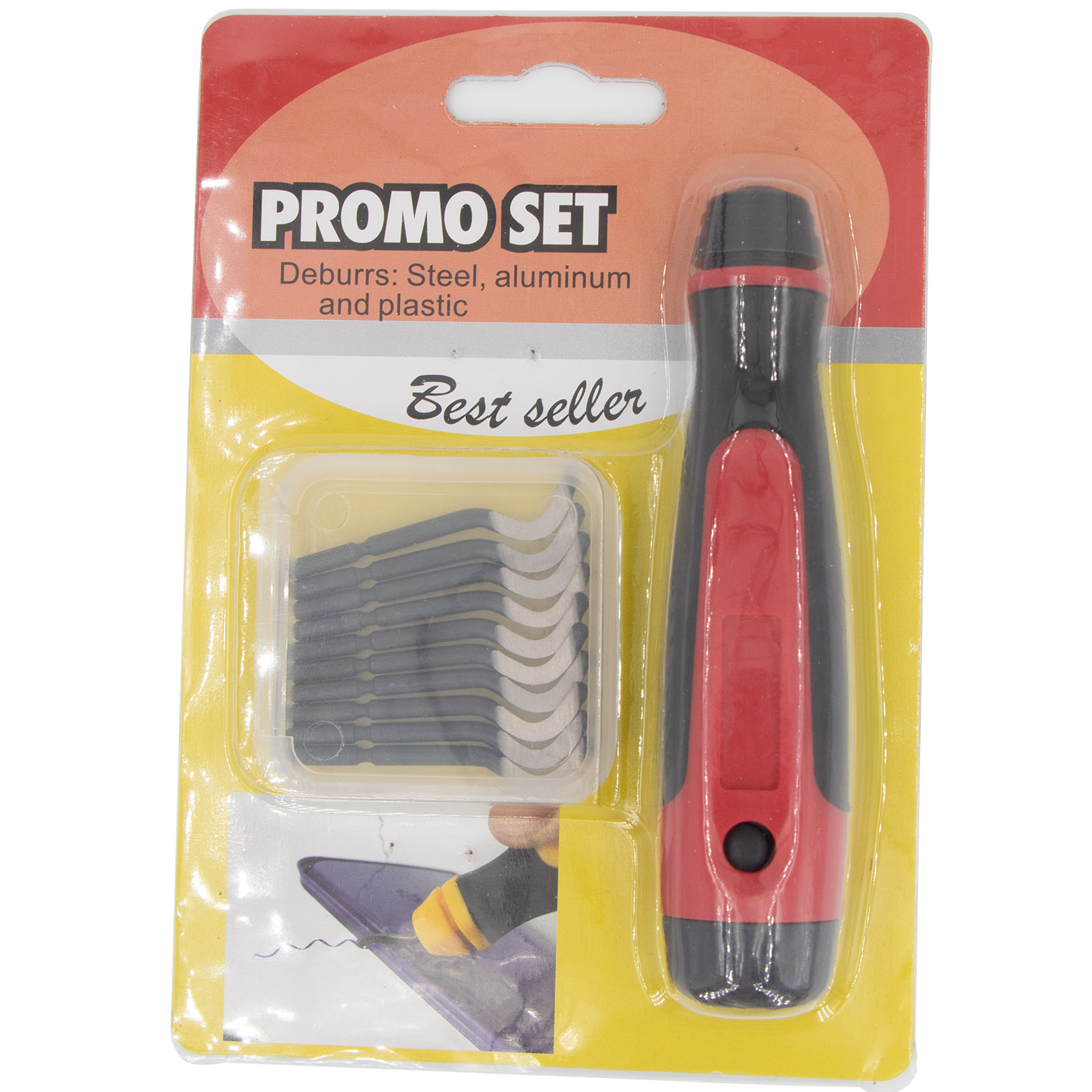 Type E Heavy Duty Deburring Tool Set With Deburring Holder And Deburring Blade
Type E Heavy Duty Deburring Tool Set With Deburring Holder And Deburring Blade -
 Precision Vernier Caliper With Nib Style Jaws Of Metric & Imperial For Industrial
Precision Vernier Caliper With Nib Style Jaws Of Metric & Imperial For Industrial -
 Precision Micrometr Holder For Micrometer
Precision Micrometr Holder For Micrometer -
 9PCS Broken Tap Extractor Set With Storage Box
9PCS Broken Tap Extractor Set With Storage Box -
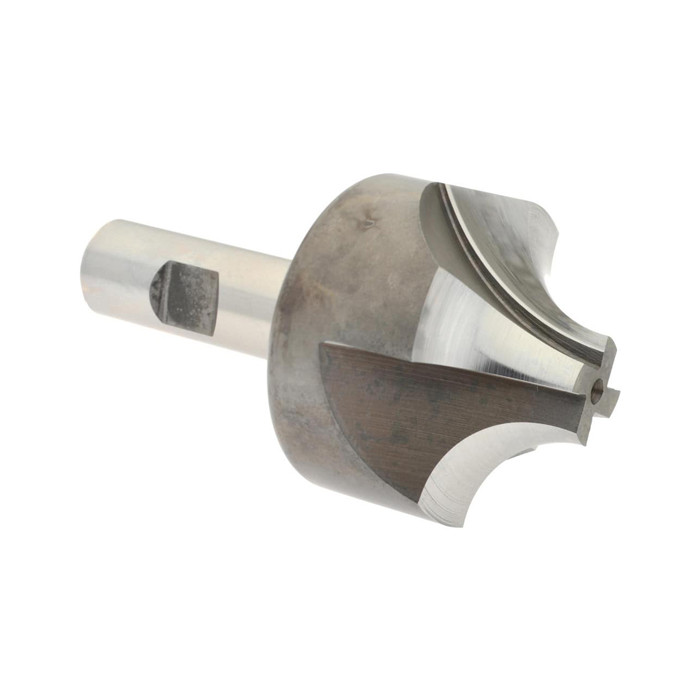 HSS Metric & Inch Corner Rounding End Mill For Industrial
HSS Metric & Inch Corner Rounding End Mill For Industrial -
 Type K-90 Degree Cone Tungsten Carbide Rotary Burr
Type K-90 Degree Cone Tungsten Carbide Rotary Burr -
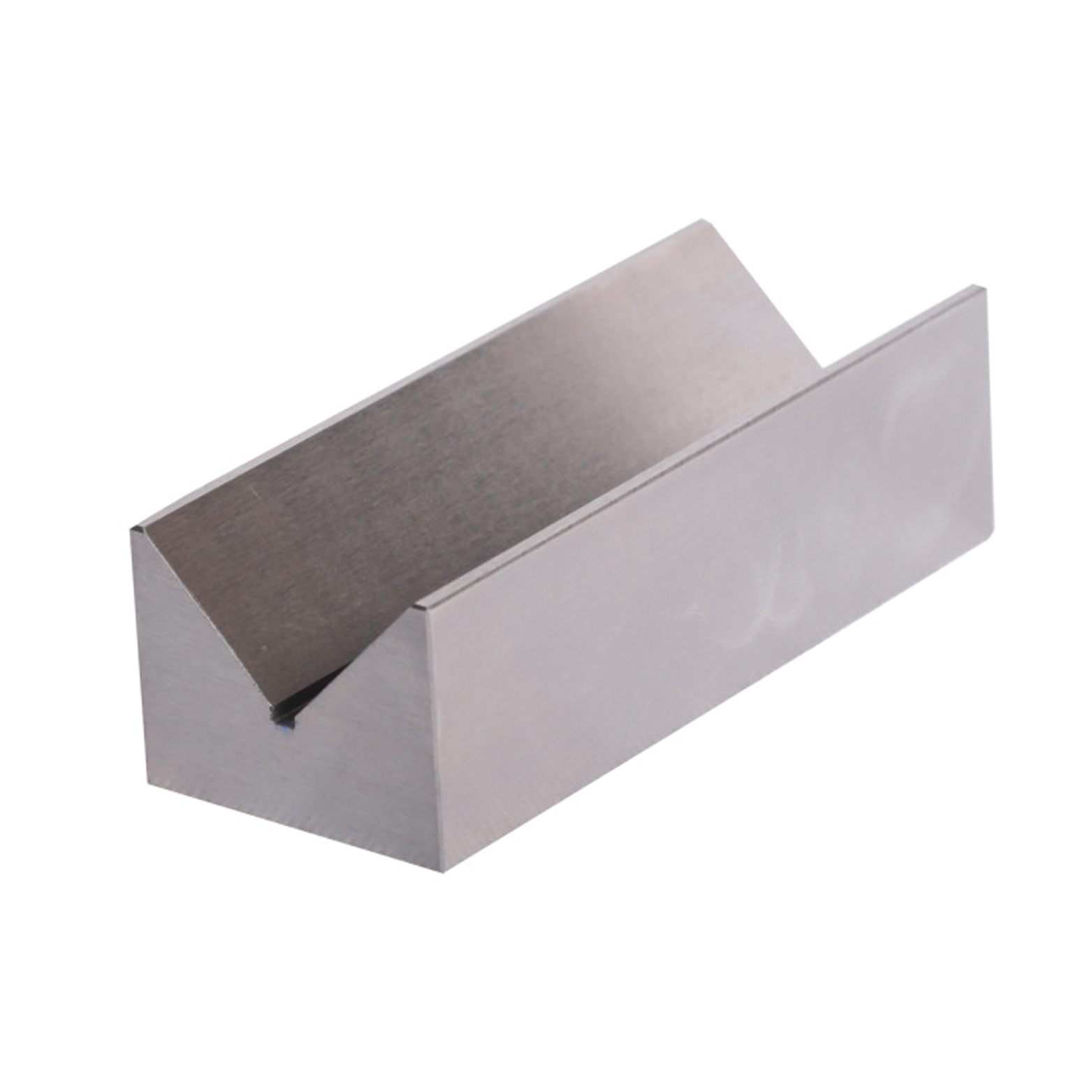 Precision V Block Set With Industrial Type
Precision V Block Set With Industrial Type -
 DIN6537L Metric Solid Carbide Twist Drill With Internal Coolant & External Coolant
DIN6537L Metric Solid Carbide Twist Drill With Internal Coolant & External Coolant -
 Digital Depth Gauge With Stainless Steel For Industrial Type
Digital Depth Gauge With Stainless Steel For Industrial Type -
 Metric HSS 13mm Reduce Shank Drill Bit For Metal Cutting Of High Precision
Metric HSS 13mm Reduce Shank Drill Bit For Metal Cutting Of High Precision -
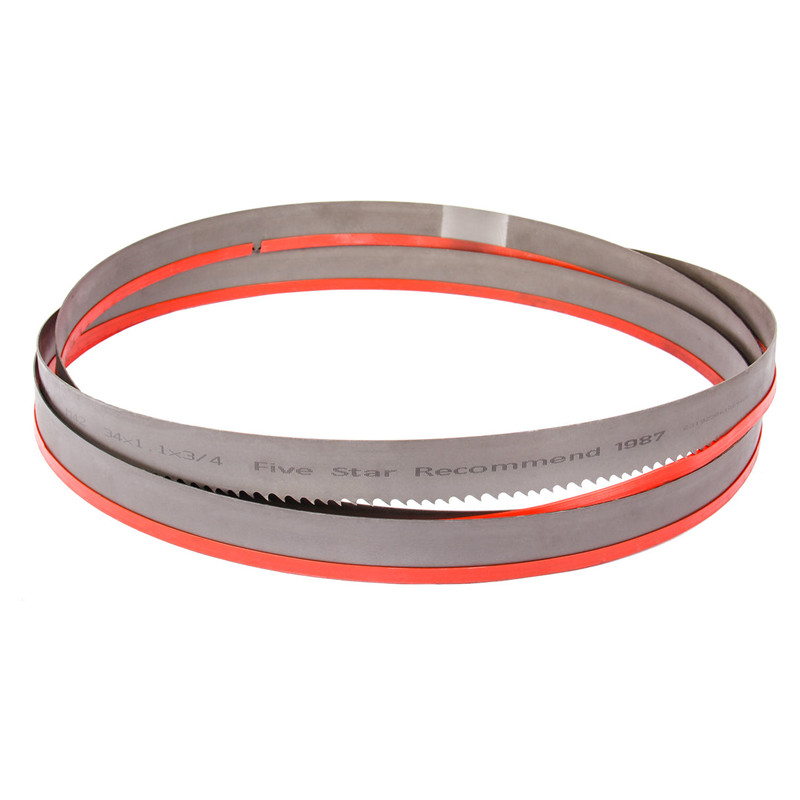 M51 Bi-Metal Bandsaw Blades For Industrial Type
M51 Bi-Metal Bandsaw Blades For Industrial Type






